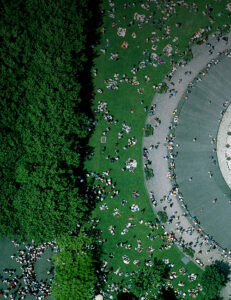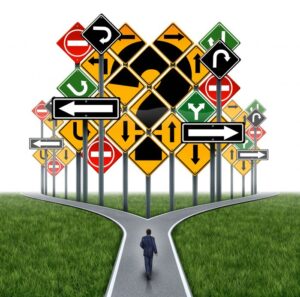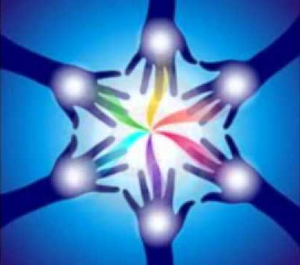I refer the blog reader to our blog series on Soul Evolution for a discussion on the value of the individual human consciousness in the collective conversation that we are calling the Telepathic Network. One person can truly make a difference here in this Consensus Reality.

It could well be our single Loving thought – expressed in the telepathic conversation – that could tip the scales to the positive manifestation. Imagine how powerful our Loving thoughts could be when joined by hundreds, thousands, millions of other Loving thoughts directed intentionally by LOVERS of our Mother Earth.

There is certainly power in numbers in these matters. And that is what it shall take… huge numbers of Lovers of the Earth using their powerful thoughts of creation on the subtle levels to creative positive realities.

So individual is important. The individual expression of Loving energy directed toward the creation of a positive reality – world peace for example – is what will save us from ourselves. All of our thoughts of Love are acknowledged, you see. Each Loving thought matters. They have a cumulative effect also, so that a momentum is built over time, such that the creation of the positive reality might well become inevitable.

Incidentally, in recent years we have used our Loving thoughts in concerted ways to make profound changes in our waking realities. Great disasters were averted. Calamities that would have claimed many hundreds of thousands of lives were “de-energized” and so were not manifested.

It is true that our world has seen recent Earth Changes that entailed great loss of life. What I am suggesting is that there was the potential for many more disasters to occur entailing many more casualties. As a consensus of reality creators, then, you and our fellow occupants of the planet agreed to manifest and then did manifest an altered reality. We saved ourselves, you see.

This phenomenon happens quite often, though we do not realize it for we are not yet awakened fully. We do not yet acknowledge our full creative powers. However, we soon shall




















































